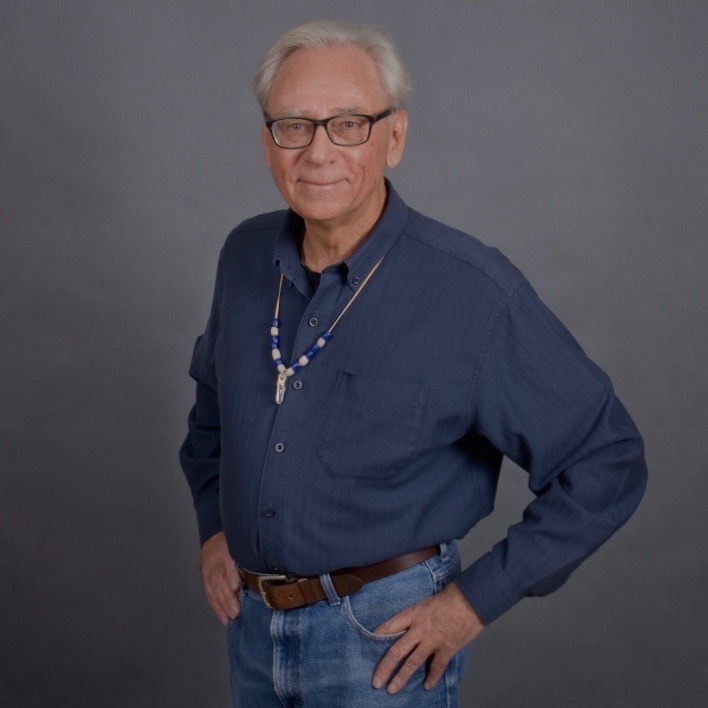 We are creative beings. When we use our innate abilities in life and work to make something new, we begin with pause. We take a break in activity to change our perspective toward what is before us. Based on a new awareness, we revise our intention about what we want to accomplish. We realize through experience that pause and movement helps solve problems and achieve goals. Yet, we are hesitant to take a break in the midst of our work. It seems counter-intuitive to set activity aside and delay the logical progress of our work for what we think are intangible benefits of pause and movement. We have been told to “concentrate on work, don’t fiddle time away, quit doodling, stop daydreaming,” or to follow any other well-meaning advice we have learned. But, pause and movement is exactly what we need for creative outcomes. Move to learn
Imagine a musician who struggles with lyrics for his new song. He pauses, moves to the piano and composes melody before he is aware that song lyrics have formed in his subconscious. Think of a business leader who ponders the launch of a new product. She rises from her chair, walks to the window, and gains a new perspective on the marketability for her idea. Visualize a writer, unclear about direction for the next chapter of his novel. He closes his computer, phones a fellow writer, and recommits to write based on a new intention for his book. Pause, movement, and creative outcomes are evident in these examples. A break in activity improves access to memories about previous solutions to similar problems in the present. This is possible because we store ideas in multiple locations in memory. When we move our bodies, we reach new ideas in addition to thoughts about the issue before us. Recall a time when you tried to remember where you left your automobile keys or some other item of personal interest. Your memory was aided when you retraced steps from the last time you drove the car. When we revisit physical locations (possible rooms where we left our keys) with an unknown thought, (the location of the keys) we develop a new linkage to the location of the keys. We may then access this new knowledge for what we need. Edward DeBono, in “Serious Creativity,” describes this process as “lateral thought.” When we get up from composing our song and move to a new location (a lateral direction) we recognize ideas which have formed in our subconscious. Lateral thought, according to DeBono is the foundation for creativity. Creativity comes from intuition and cognition, according to Daniel Kahneman in “Thinking Fast and Slow.” He describes intuition as our mental awareness of solutions, which are based on beliefs and prior experience. Intuition comes first and may be described as a “flash of inspiration.” Cognition, on the other hand, requires mental work. Intuition is lateral thought and cognition is linear thought. Recall high school algebra. Pure cognition. If you took a break from studies did pause inspire a solution to the algebra problem? Were you assisted when you created a story about the problem? Did you draw a picture of an abstract idea or write about the problem to make it real? Did you find geometry to be easier to comprehend than algebra because geometry involved spatial relationships (the rooms where you possibly left your keys)? If we took any of these actions, we practiced lateral thought. Let’s return to Kahneman’s concept of balance between intuition and cognition as a source for creativity. We are energy efficient creatures. Intuition requires less energy than cognition according to Kahneman. Our genetics prompt us to avoid work by favoring intuition. When we move, draw pictures, put thoughts into words, or visualize spatial relationships, we invoke intuition. When we get up from our chair and walk to the window, we gain a new perspective for our personal or business product launch. Perspective supports creativity Contemporary office layout and furniture design incorporates perspective to enhance creativity. Business leaders who want innovative ideas and improved productivity from their staff remove exterior private offices to provide views beyond the office for people working on the floor. When we change our perspective with distant views to the outside world, beyond the confines of where we sit, we achieve the benefits of movement without physical steps to the window. To achieve unobstructed, exterior views for their staff, employees in formerly private exterior offices, are moved to the center of the office floor. Break rooms and spaces for physical activity are relocated adjacent to new staff work areas. This juxtaposition enhances work environments for pause and facilitates interaction with others. Known as third places, these interaction spaces may include lounge chairs, refreshments, recreational activities and easily moveable furniture to create instant meeting space with colleagues. In third places we converse with others to share our perspectives for new intentions to the issues at hand. New intentions form in third places Third places are important in our digital workplaces and social media dependent personal lives. Our work and personal environments separate us from others. Third places invite us back into circles of communication. In simplest terms, third places are today’s business world equivalent of a break room, a place to pause, collaborate, and refocus to set our intention for creative work ahead. In our example, the writer intends to change the relationship with his novel. He consults with a fellow writer by phone and they meet for a cup of coffee. In a third place they collaborate for creative solutions to the problem the writer faces. Recall a time when you moved to a third place such as your favorite spot in nature, or any location where you felt supported. Were you able to gain a new perspective and develop an intention for an event in your life? Conclusion Before pause, we believe we know where we are headed even though current actions may not produce a desired result. It is difficult to move and break the inertia of cognition, which is familiar because it follows the linear path of our work. We are challenged, however, to move in a lateral direction to tap intuition. When we balance intuition and cognition through pause and movement we create desired outcomes. If this essay is meaningful, please like or tweet below or leave a comment. Thank you for your interest and possible action you may take. Richard Wilberg, MS, PLCC, ACC Life Coach for Personal Fulfillment and Career Success
0 Comments
Your comment will be posted after it is approved.
Leave a Reply. |
About the AuthorI write personal essays, creative non-fiction, flash fiction, and self-development articles from my home in Madison, Wisconsin.
Archives
May 2023
Categories
All
|


 RSS Feed
RSS Feed